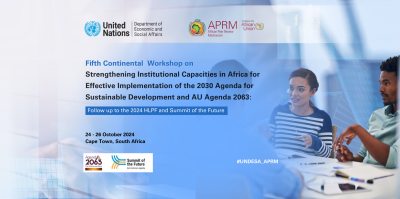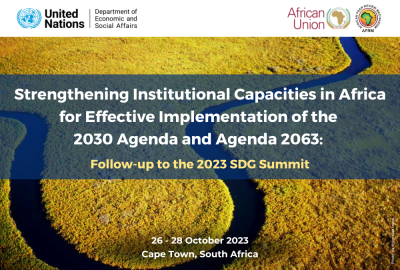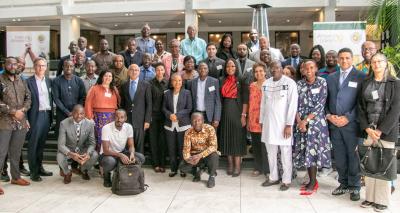Using the principles to address common governance challenges
UN DESA uses the governance principles as a main reference point and overarching analytical framework to address common governance challenges and advance effective governance for sustainable development in response to country requests. UN DESA's work focuses on helping countries achieve sustainable development and strengthen resilience by promoting transformative change in governance and public policy as well as pragmatic governance improvements that contribute to building effective, accountable, and transparent institutions at all levels in support of the 2030 Agenda and other international agreements.
CEPA strategy guidance notes
Our work is supported by a growing series of strategy guidance notes prepared by renowned experts in consultation with leading communities of practice from around the world.
Read more and meet the authors
Capacity-building and collaboration with partners
UN DESA takes a network approach that links government officials with regional partners, UN Resident Coordinators and leading communities of practice to build strong institutions for the SDGs, taking into account national realities, capacities, needs and priorities. It has ongoing successful collaborations with the African Peer Review Mechanism (APRM) and the Organisation for Economic Co-operation and Development (OECD).
UN DESA and APRM
Since 2019, UN DESA and APRM have been engaged in implementing the African Union-UN Framework for the Implementation of the AU-Agenda 2063 and the 2030 Agenda, including by organizing the workshops listed below in support of building effective, accountable and inclusive institutions in Africa at all levels.
 Welcome to the United Nations
Welcome to the United Nations






